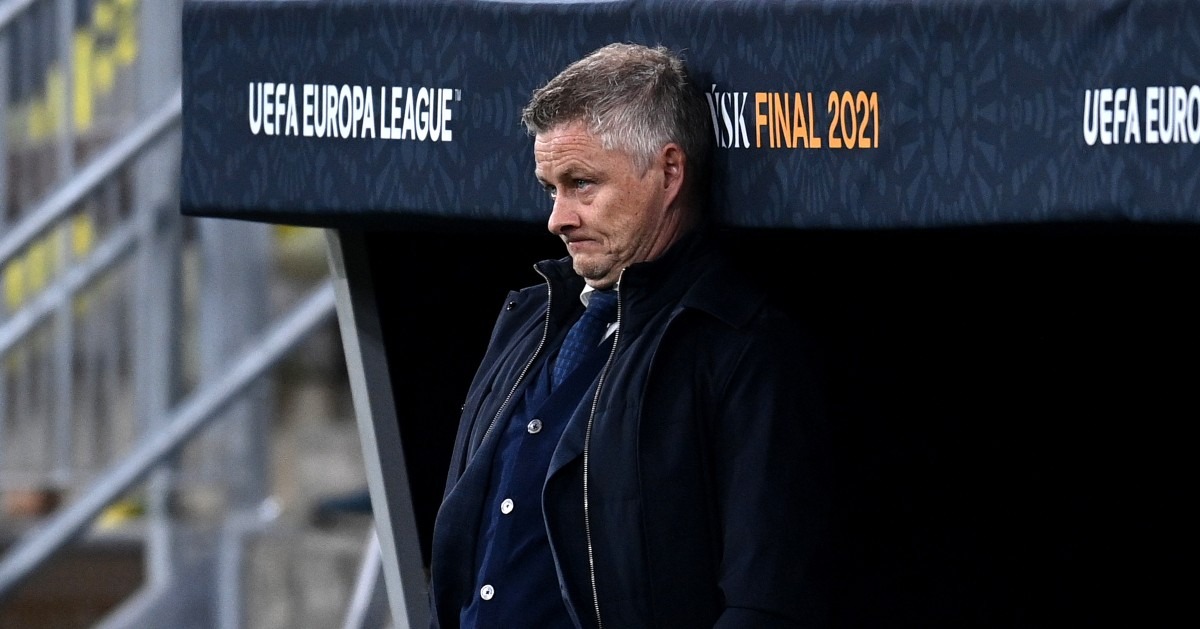At the end of August, Ole Gunnar Solskjaer gave an interview to mark his debut for Manchester United 25 years ago on which, of course, he scored. The interview began with Solskjaer quoting Alex Ferguson and moved on to him remembering something Roy Keane used to say before it fell back into further reflections of the glory days. As the interview was intended to mark this notable anniversary, Solskjaer couldn’t be criticised for failing to discuss his management ideas or his vision for the game but still it felt like a curious decision. Clearly, Solskjaer was in his happy place…
Cancel at any time. Are you already a member? Log in here.
Want to continue reading?
Introductory offer: Sign up today and pay €200 for an annual membership, a saving of €50.

